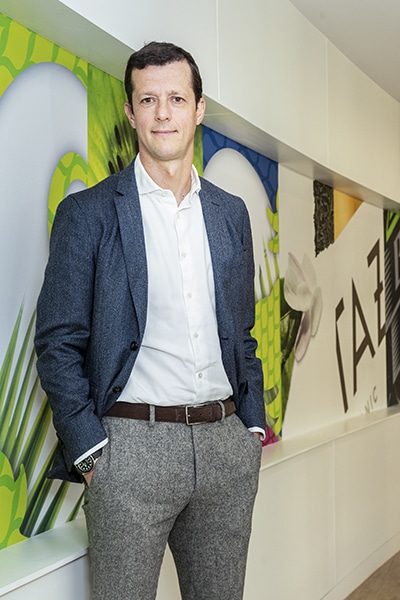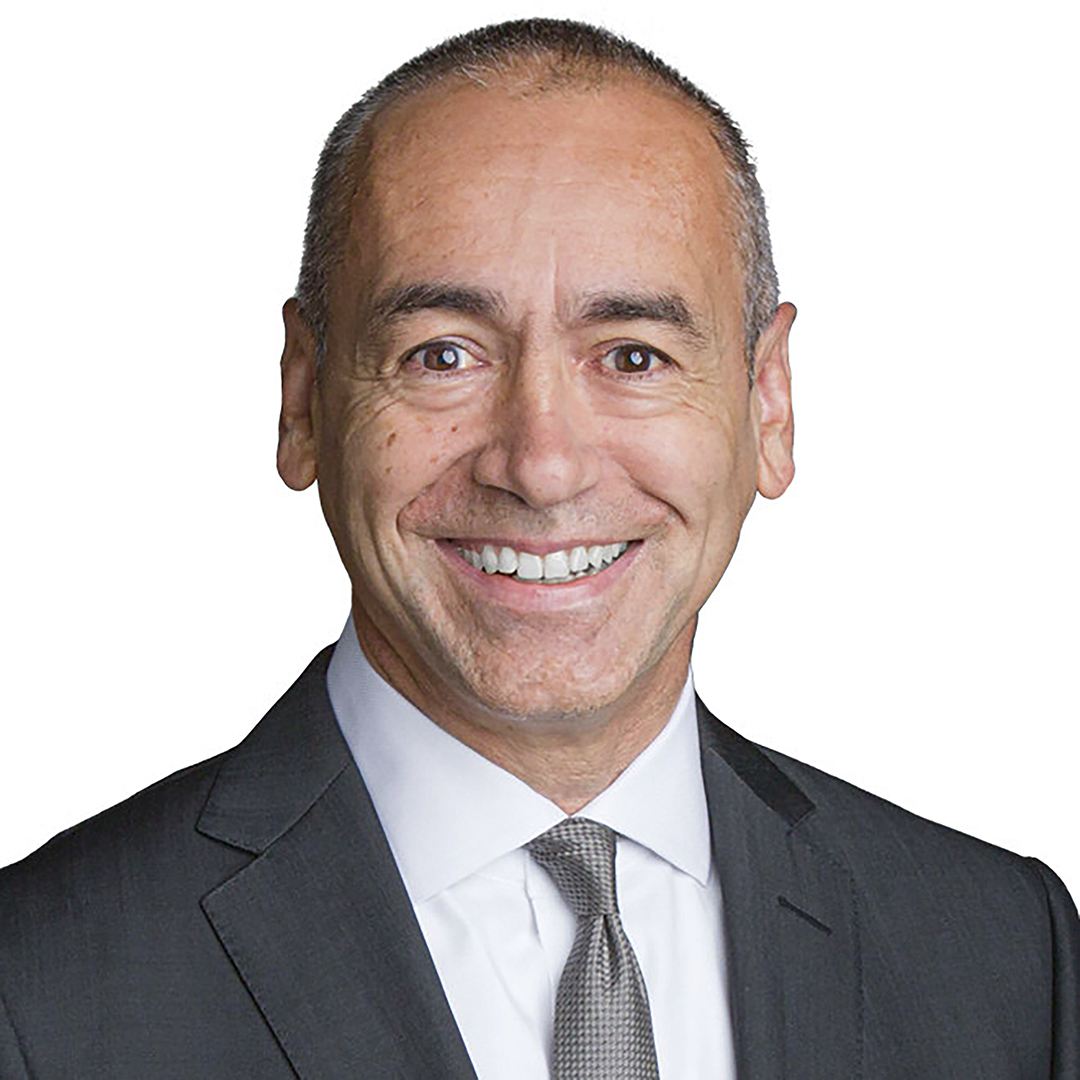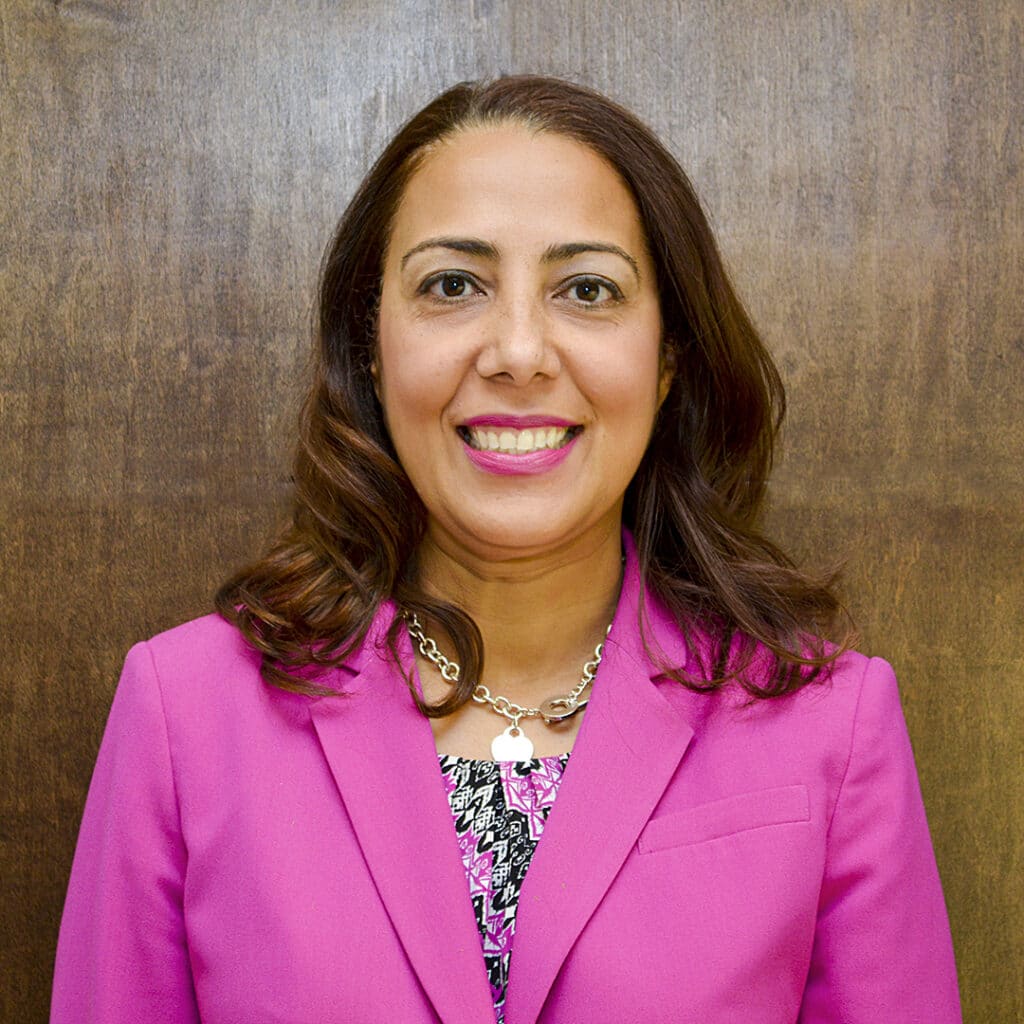|
Getting your Trinity Audio player ready...
|
Over the past eighteen years, Sergio Ezama has held eleven roles for PepsiCo in geographic and operational environments as diverse as the company’s products. Currently chief talent officer for the company and chief human resources officer of all global groups and functions, he’s been headquartered in Barcelona, Geneva, and Moscow, and is currently based out of Pepsi’s global headquarters in Purchase, New York.
Prior to undertaking his current dual roles, the executive oversaw human capital agendas from Europe to sub-Saharan Africa, covering 65 different countries and 45,000 associates. Those numbers grew when Latin America was added to his portfolio, heading the HR agenda for $20 billion in revenue and more than 125,000 employees in nearly 100 countries. In his current role, Ezama leads both the enterprise-wide talent management practice and HR generalist agenda for teams across the globe, including finance, commercial, e-commerce, and supply chain.
All of this is to say that when Ezama talks about the role of HR for Pepsi, one of the world’s most recognizable names in food and beverage, everyone should be listening.
The Differentiator
“Talent management is not necessarily that different when you consider similar businesses to ours,” Ezama says. “I think we all apply the same tools and methodologies. We’re extremely thorough in our approach.”

The differentiating factor, then, is the people—and the culture that companies are able to build around those employees. That’s where Ezama says it’s essential to be very clear about the goals of the organization. “You have to be intentional; culture cannot be left to chance or luck,” Ezama says. He explains that achieving success is a two-pronged strategy. “First, you have to be credible. As one example, you can’t say you welcome all different kinds of talent and when that talent walks through the door, they find it to be the very opposite,” Ezama says. “Second, your culture needs to be credible but aspirational. You need to recognize where you are and also be mindful that there are gains to aspire to in support of the strategic intent of the corporation.”
There is an array of factors to consider in building culture at the company. “When I hire talent, am I hiring people that I know will thrive in the culture I’m trying to build?” Ezama asks. “When I think of careers in PepsiCo, am I assessing for the right expectations of a leadership profile and designing programs so that the ways we define culture and expectations are front and center?” The answer must be a resounding yes.
Ezama says that all of these components resemble the challenges of architecture: every piece must be considered and placed accordingly, otherwise the whole thing falls apart.
A Chance to Redefine
Recently longtime PepsiCo CEO and chairman of the board Indra K. Nooyi retired and was replaced by Ramon Laguarta—and with a new CEO and chairman came a chance to examine the company’s vision. “We spent three or four months with select leaders trying to codify the strategic framework for the company with culture being prominently discussed and featured,” Ezama says. “We were very intentional in identifying six major capabilities that we think will make or break our ability to deliver against the expectations of our shareholders.” Gone are the laissez-faire days of fat margins and double-digit revenue growth with plenty of money to spread around, he says, and so identifying which building blocks are crucial to success will pay dividends down the road.
The other component comes back to culture at PepsiCo. The leaders defined seven key aspirational behaviors that are critical for the success of both the company and its associates. “We have been very deliberate in how we hire, assess, develop, pay, and recognize those cultural tenets,” Ezama says. “That culture connection is also going to benefit us moving forward.”
As partners with PepsiCo, strategy implementation firm BTS USA has seen firsthand the company culture that’s being fostered by both Laguarta and Ezama. “Ramon and Sergio’s leadership at PepsiCo is grounded in humility, courage, and deep care for people,” says Jessica Parisi, president and CEO of BTS USA. “At the forefront of the CPG industry, their leadership is already resulting in innovation, speed, and superior returns. Shareholders agree with stock up 40 percent.”
Critical Experience
Ezama’s own success, he says, is a testament to the way that PepsiCo seeks to build its leaders. “We talk a lot about the concept of critical experiences here, trying to provide people with different settings in which to operate,” Ezama says. “You use different muscles in the US than you do in emerging markets like Turkey or Russia, and the same goes for operating models and business stages.” The executive says that in his various roles, he’s had to think about achieving success through so many different lenses that by the time he got to a senior position, he was able to relate to the vastly different realities of different parts of the business.
It’s why eighteen years at the same company feels to him more like a career at a variety of different businesses with a united goal. “The diversity of experience has made an essential difference for me,” Ezama says. “My moral compass and the values that I hold keep me very much in sync with what PepsiCo offers.”
Never Underestimate the Power of Humility
Sergio Ezama has repeatedly achieved global success in vastly different markets—yet he says that he approaches most situations in exactly the same way. “I’ve always found it’s useful to use my two ears instead of my one mouth to understand what the situation is before I exercise my judgment,” the executive says. “Humility goes a long way.”
That same humility also leads Ezama to laud his teams, which help him manage two roles that aren’t often held by the same individual. “I have fantastic leaders on my teams that make me a better leader,” he says.

